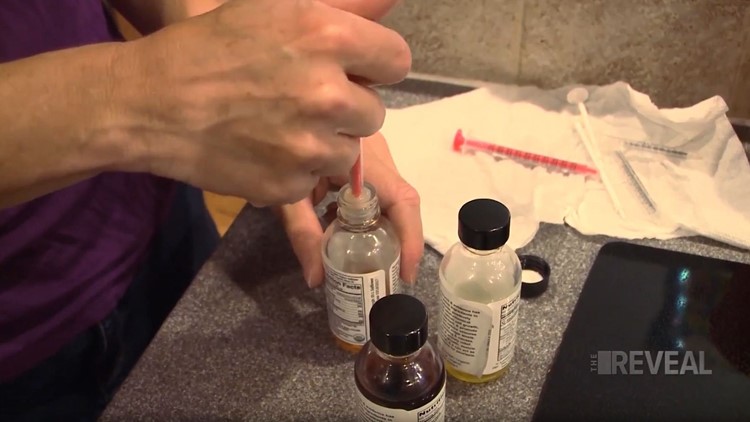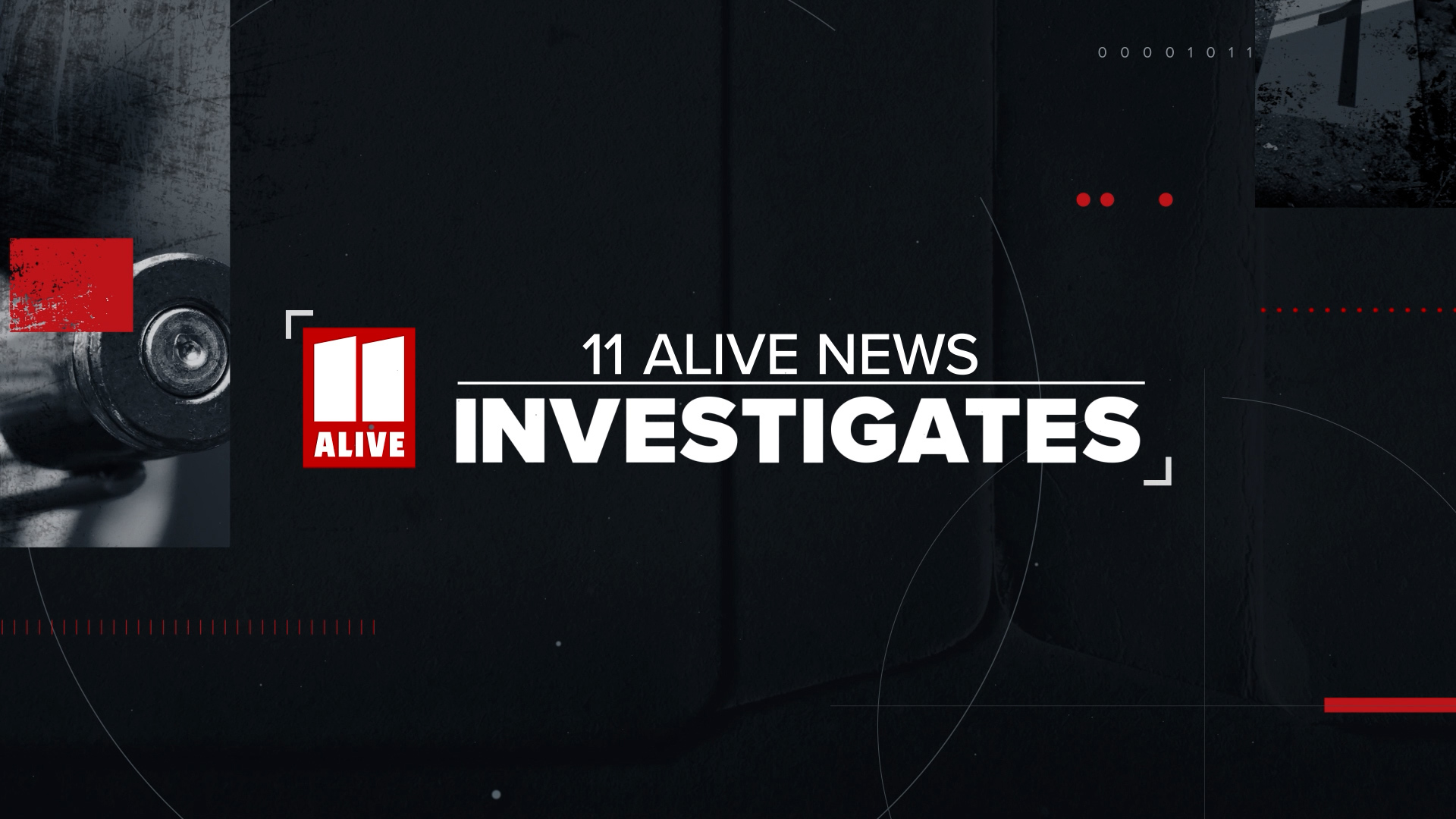“When you’re meeting someone in a random parking lot, something about it feels just not right,” Shannon Cloud said as she typed out a quick text message to let several patients know she’s arrived.
She hits send, then looks up quickly to remind our reporter that everything she is doing is legal. Cloud is part of a quiet network of volunteers meeting in parking lots and fast food restaurants throughout Georgia to pass out medical cannabis to those in need.

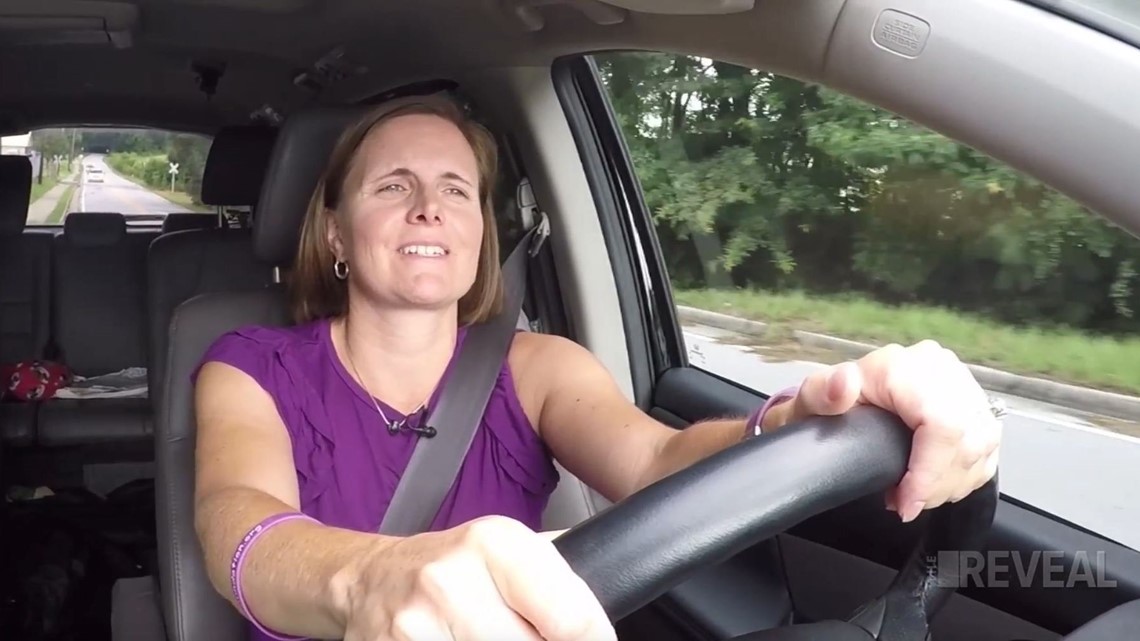
“I actually met someone at a local police department, standing at the front door of the police department to give him medicine for his son with autism," she said. "Seizures, cancer, it doesn’t discriminate. It can happen to anybody.”
Representative Allen Peake said there are now 46 states that have legalized medical cannabis in some form. But Georgia is one of the few that has not provided patients a legal way to access it.
Peake’s solution? To personally make a large donation to a non-profit in Colorado that makes sure product gets into the state. Neither Peake nor his volunteers ask how it gets here. They just know that, once it does, they can legally pass it out – as long as they give it away free.

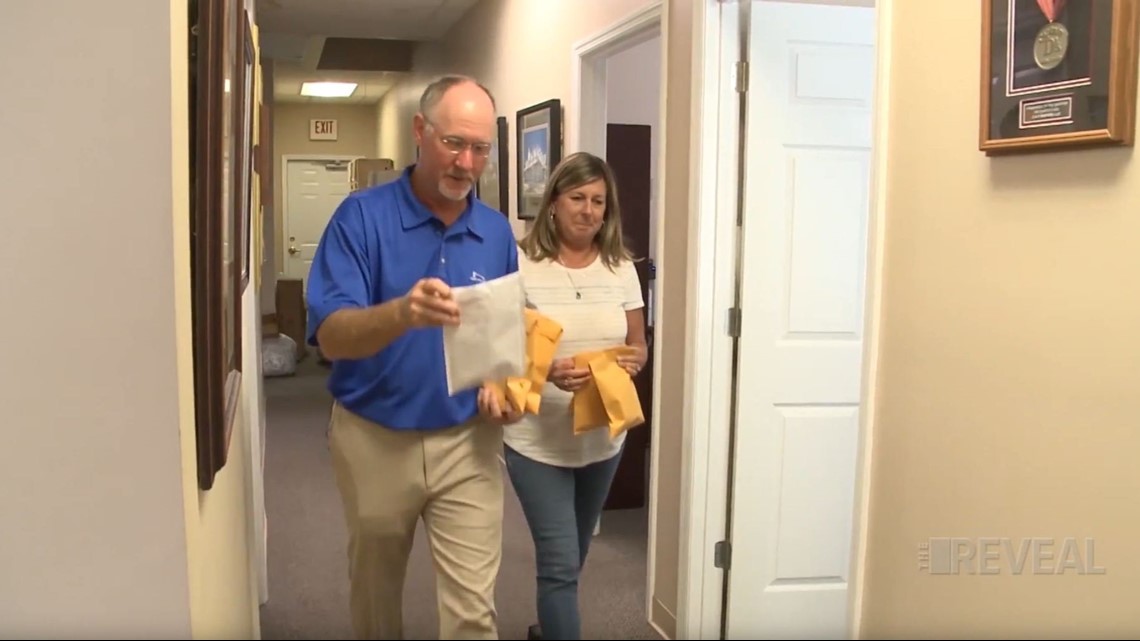
It’s a generous gift. Each bottle can cost between $150 to $300. We watched as Cloud even turned down a gift from a family’s recent vacation.
“Because then it’s drug trafficking," Cloud said. "And we don’t want that.”
Cloud and her husband made a commitment to the cause in 2013 when Peake was trying to get the first medical cannabis bill passed. Their daughter Alaina has seizures and they hoped the oil would help.

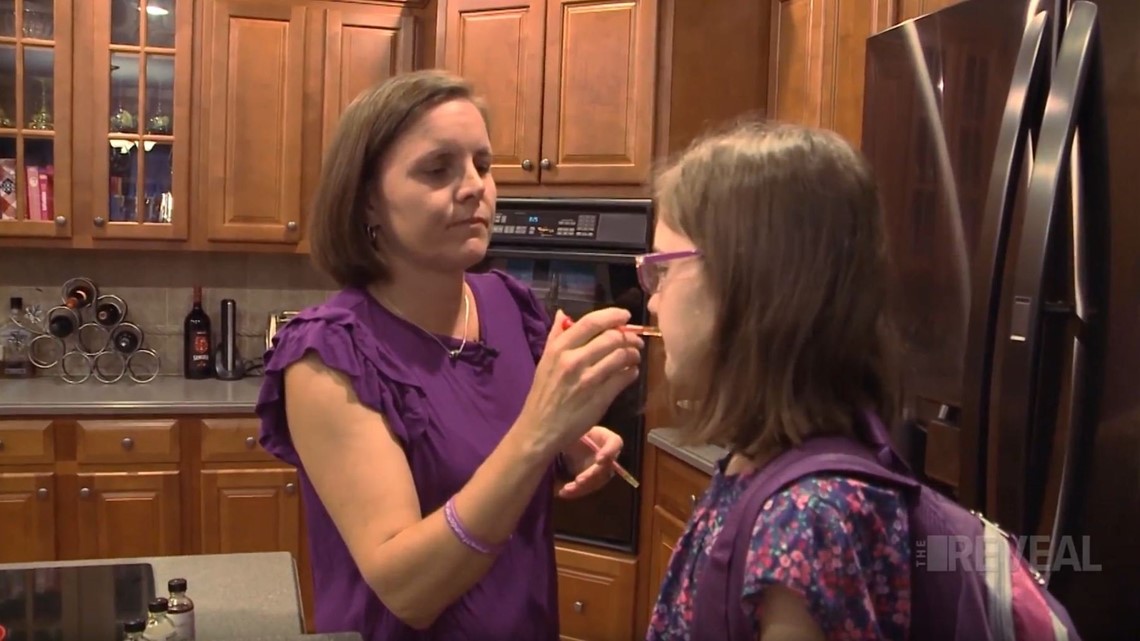
She now gets a few drops each morning before leaving for school as her mom packs a bag for deliveries to other patients around town. It’s a time-consuming commitment that has led Cloud to quit her job, relying on her husband’s salary to make ends meet.
“For us, it was about doing the right thing,” she said.
So far, the group’s effort has helped more than 700 patients. But they’re having to start turning people away. There’s simply too much demand.
“We’re having to look at what day are you going to be out? Who needs it the most? Obviously, if it’s a child with seizures or a teenager with aggressive autism who might hurt their parents, then those people are going to get priority.”

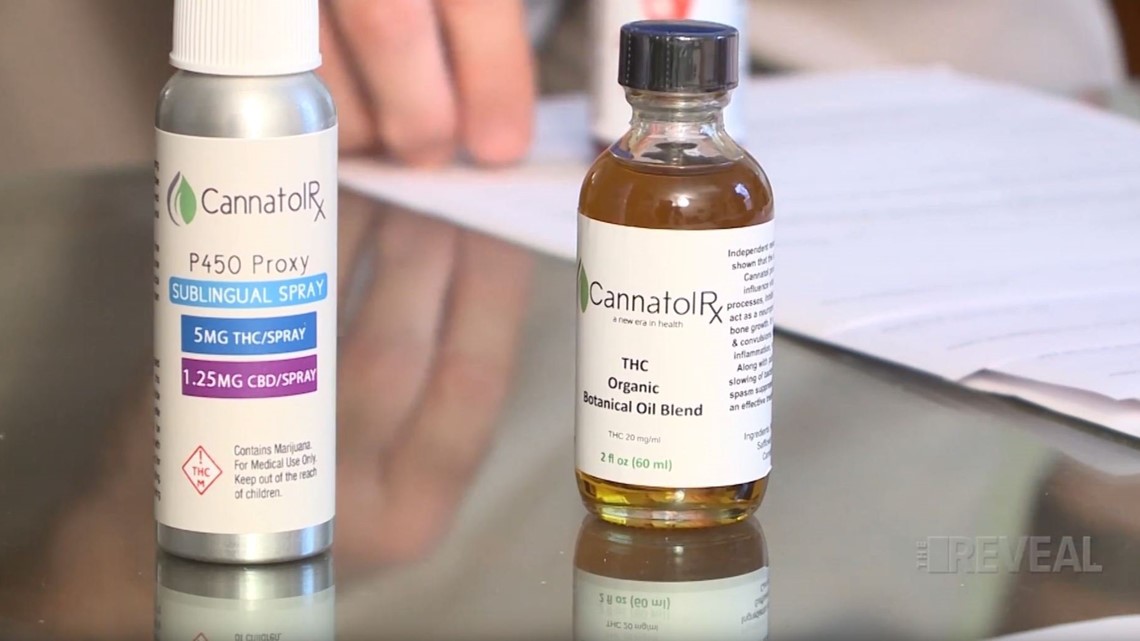
But the reality is, they can only get so many bottles of oil.
“It’s very tough. We get desperate messages from people who are, they’re frustrated, they’re upset," she said. "They got this card. They finally got a doctor to sign for them and they say who do I [go to], how do I get the medicine?”
So, Cloud does her best to juggle their resources. Several times a week she picks meeting spots, emails and texts the location, and then waits for caregivers to show up. Some drive 2 or 3 hours to get there.
As we rode with Cloud, we met wives, husbands, and mothers who say the cannabis oil changed their loved one's life.
“We finally don’t have open wounds on her arms,” one mother told Lindstrom, who was picking up the oil for her daughter. “She would have bite marks and scratch marks from frustration and anxiety. It was awful.”
“A week and a half ago, he had such horrible neuropathic pain that he was screaming for almost 24 hours.”

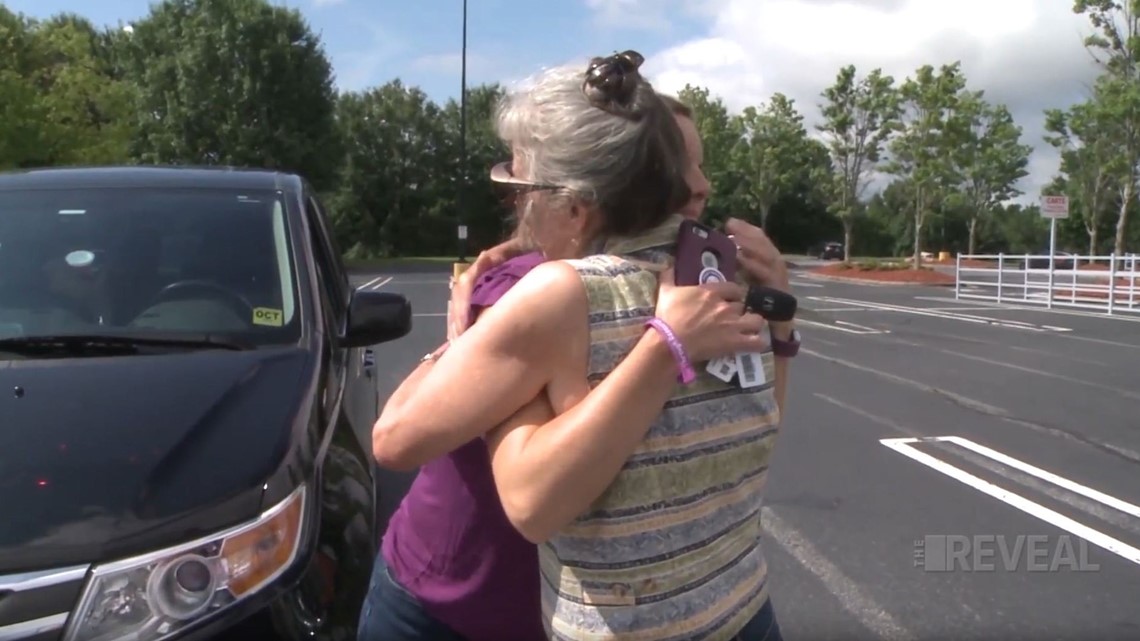
Without Cloud, these patients would be forced to either smuggle the oil into the state or find a company willing to ship it across state lines. There’s no telling what they would actually get.
Earlier this year, the Centers for Disease Control and Prevention found more than 50 people in Utah were sickened by fake CBD oil.
Lawmakers created a joint study committee to discuss the access issue and held their first meeting in August. So many people signed up to speak, it lasted more than 3 hours - an hour longer than planned.
This is the third committee created to discuss issues around medical cannabis and some wonder what can be said that hasn’t been already. Still, patients remain hopeful that under a new - governor regardless of party - the recommendations to come out of this committee will actually pass into law.
As of July 31, the Department of Public Health said 5,425 people had applied and received a medical card allowing them to possess up to 20 fluid ounces of oil that had a THC concentration of 5 percent or less.

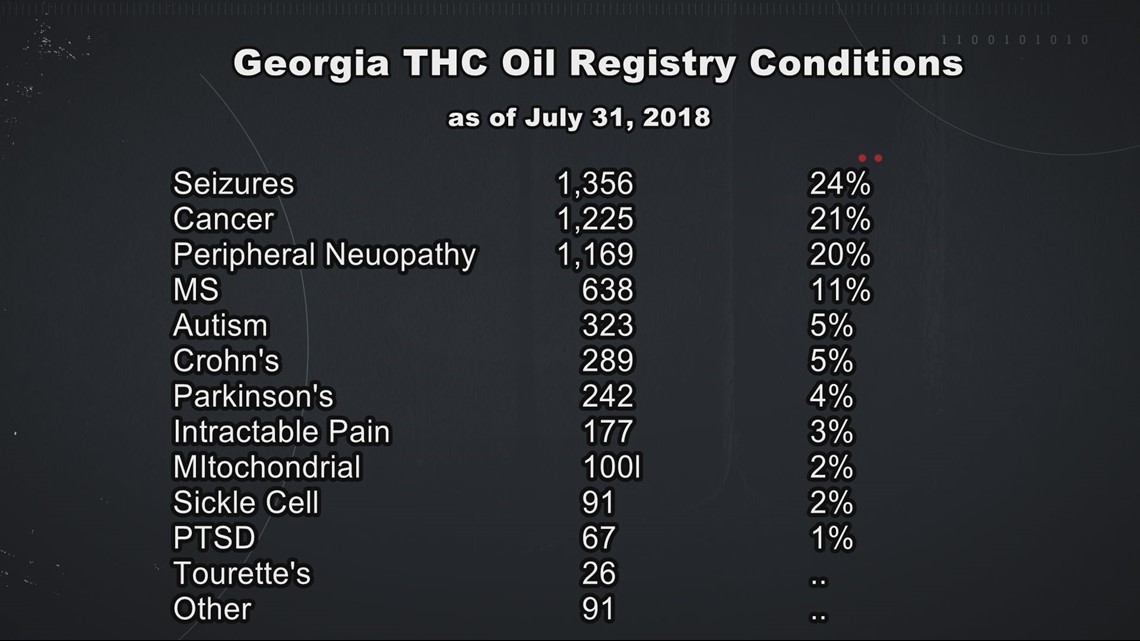
Cloud said there’s a lot of guesswork in dosing since the medicine isn’t being administered by a pharmacist or doctor. For some patients, CBD oil will have the desired effects, others need the THC oil, or even a combination of the two. Cloud admited it’s trial and error.
“It’s all so bizarre, isn’t it,” Cloud said, pointing out the absurdity of the situation.
But, for now, in Georgia it’s all many patients have got.


